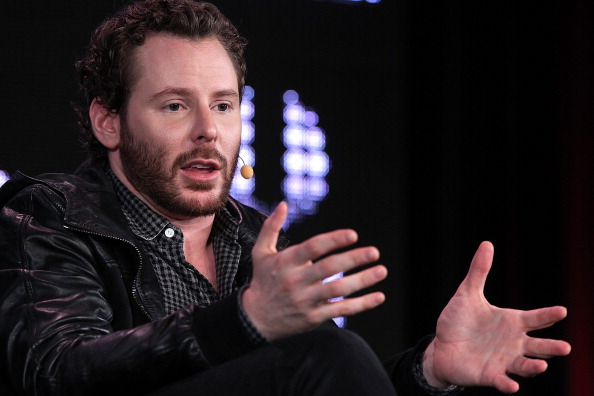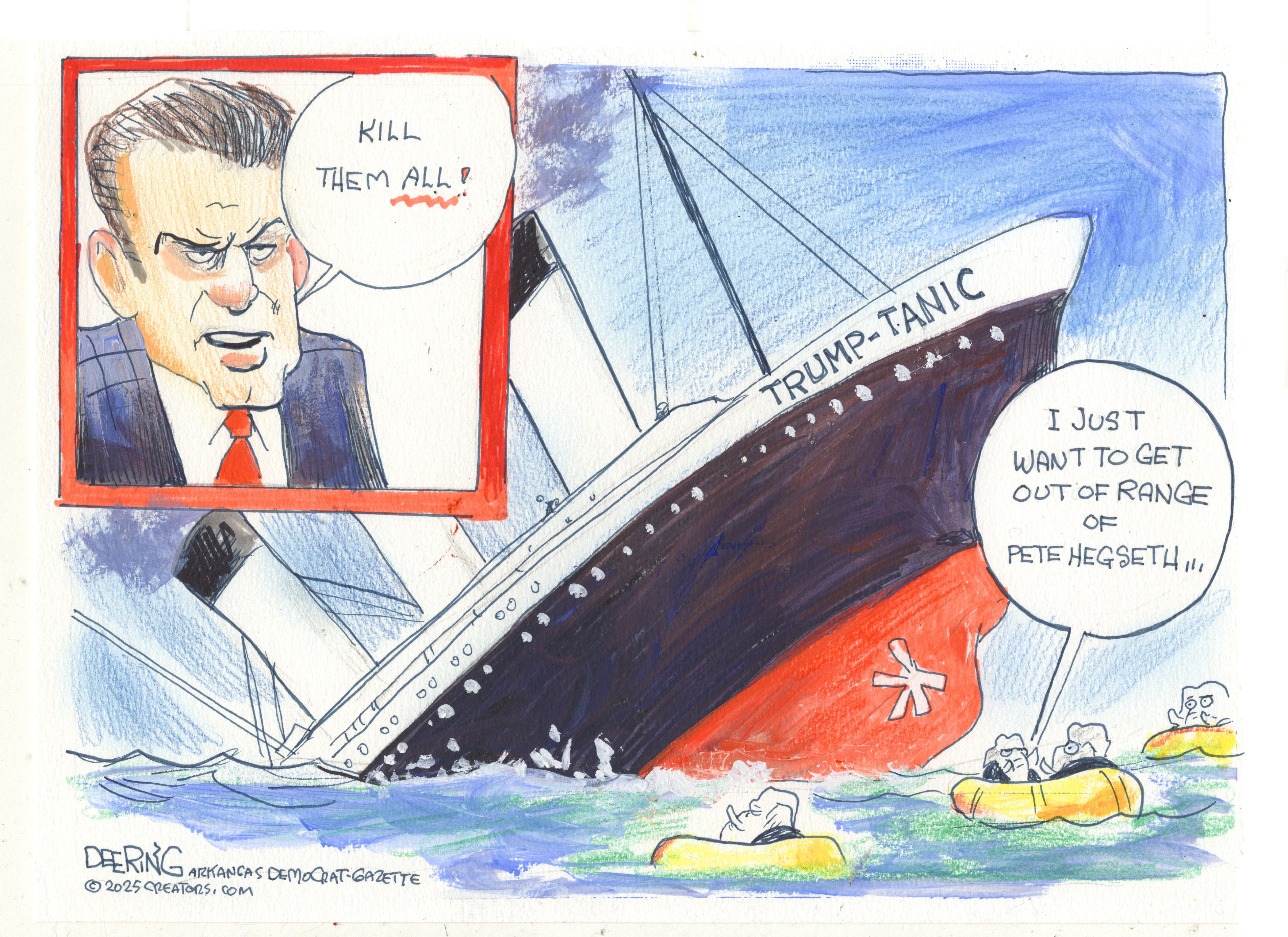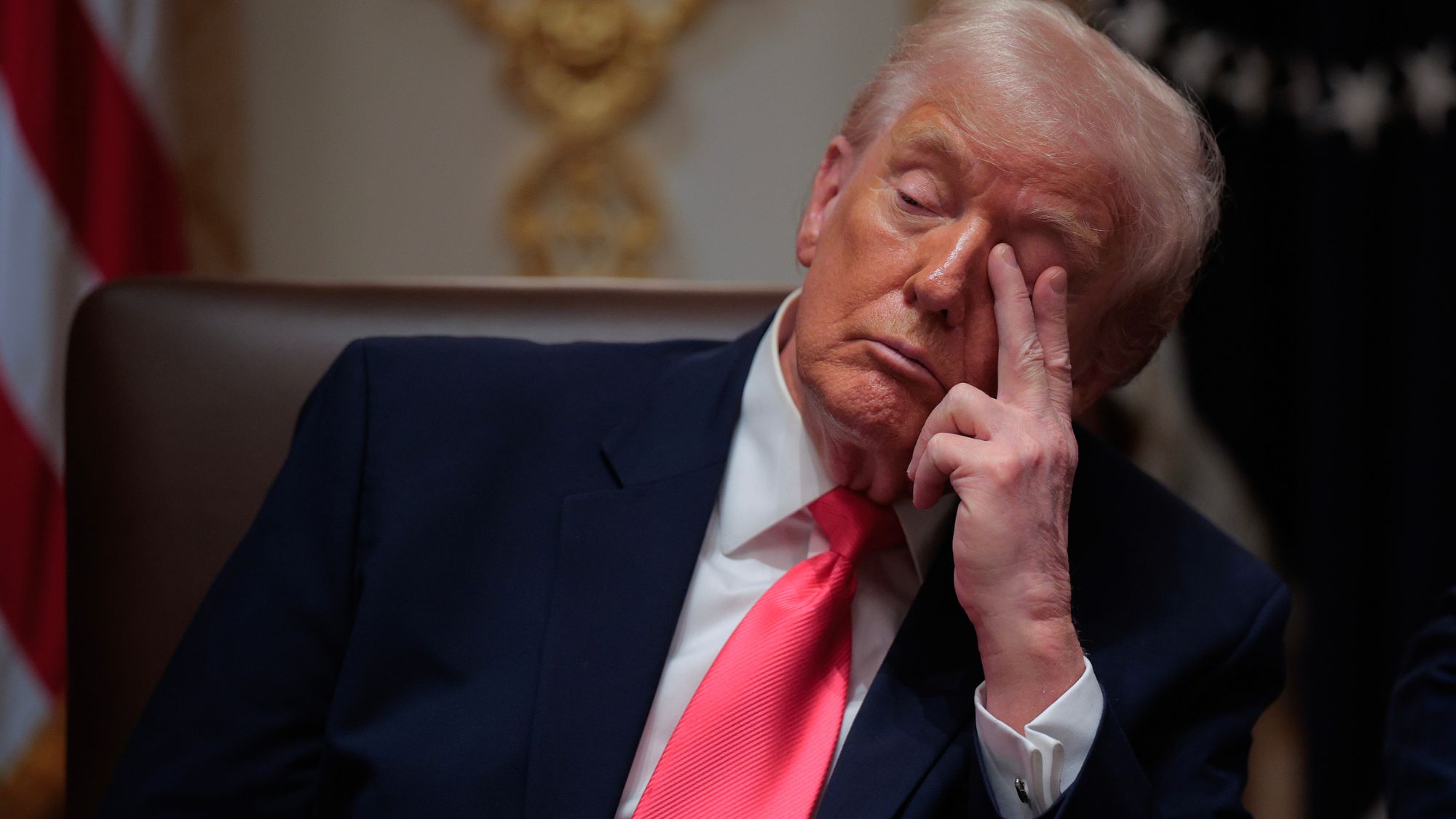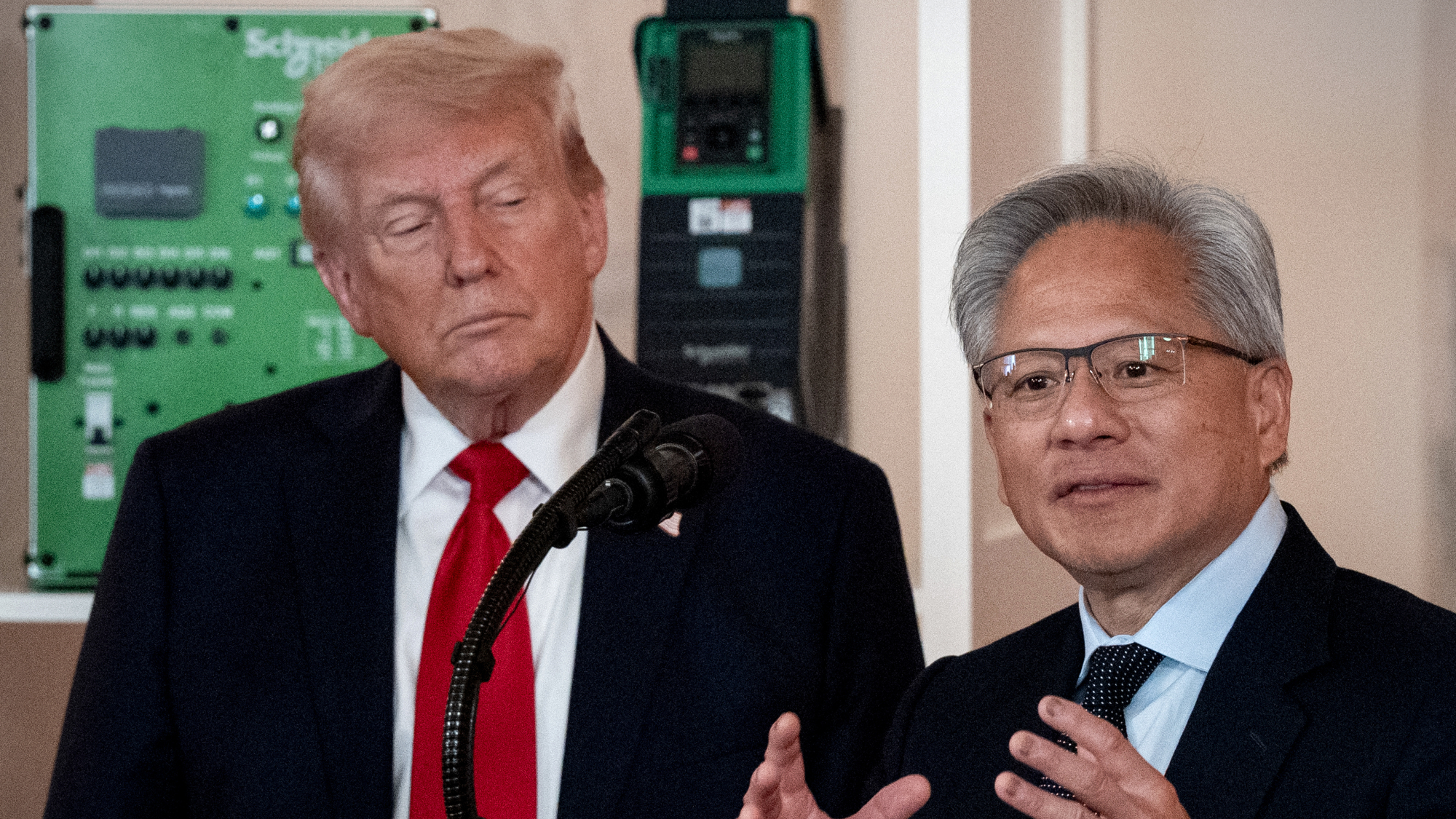Sean Parker is worried Facebook is scrambling kids' brains


Sean Parker did not predict the consequences that Facebook — the company he co-founded — would have on society. Speaking at an Axios event in Philadelphia on Wednesday, Parker admitted that Facebook created a "social-validation feedback loop" that he said exploited "a vulnerability in human psychology."
Parker recalled that in Facebook's nascent period, he believed that even the most ardent social media holdouts would eventually succumb to the urge to participate. The goal of these social media platforms was to "consume as much of your time and conscious attention as possible," Parker said, adding that the founders of Instagram and Facebook were well aware that their applications preyed on the human desire for validation and attention.
"It literally changes your relationship with society, with each other. … It probably interferes with productivity in weird ways," Parker said. "God only knows what it's doing to our children's brains." The former president of Facebook still owns 4 percent of the company's shares, but says that he is now "something of a conscientious objector" towards social media.
The Week
Escape your echo chamber. Get the facts behind the news, plus analysis from multiple perspectives.

Sign up for The Week's Free Newsletters
From our morning news briefing to a weekly Good News Newsletter, get the best of The Week delivered directly to your inbox.
From our morning news briefing to a weekly Good News Newsletter, get the best of The Week delivered directly to your inbox.
Facebook has recently come under scrutiny for allowing content created by trolls backed by the Russian government to reach 126 million users during the 2016 U.S. presidential election. You can watch a video of Parker's remarks at Axios.
A free daily email with the biggest news stories of the day – and the best features from TheWeek.com
Kelly O'Meara Morales is a staff writer at The Week. He graduated from Sarah Lawrence College and studied Middle Eastern history and nonfiction writing amongst other esoteric subjects. When not compulsively checking Twitter, he writes and records music, subsists on tacos, and watches basketball.
-
 Political cartoons for December 7
Political cartoons for December 7Cartoons Sunday’s political cartoons include the Trump-tanic, AI Santa, and the search for a moderate Republican
-
 Trump’s poll collapse: can he stop the slide?
Trump’s poll collapse: can he stop the slide?Talking Point President who promised to ease cost-of-living has found that US economic woes can’t be solved ‘via executive fiat’
-
 Codeword: December 7, 2025
Codeword: December 7, 2025The daily codeword puzzle from The Week
-
 US mints final penny after 232-year run
US mints final penny after 232-year runSpeed Read Production of the one-cent coin has ended
-
 Warner Bros. explores sale amid Paramount bids
Warner Bros. explores sale amid Paramount bidsSpeed Read The media giant, home to HBO and DC Studios, has received interest from multiple buying parties
-
 Gold tops $4K per ounce, signaling financial unease
Gold tops $4K per ounce, signaling financial uneaseSpeed Read Investors are worried about President Donald Trump’s trade war
-
 Electronic Arts to go private in record $55B deal
Electronic Arts to go private in record $55B dealspeed read The video game giant is behind ‘The Sims’ and ‘Madden NFL’
-
 New York court tosses Trump's $500M fraud fine
New York court tosses Trump's $500M fraud fineSpeed Read A divided appeals court threw out a hefty penalty against President Trump for fraudulently inflating his wealth
-
 Trump said to seek government stake in Intel
Trump said to seek government stake in IntelSpeed Read The president and Intel CEO Lip-Bu Tan reportedly discussed the proposal at a recent meeting
-
 US to take 15% cut of AI chip sales to China
US to take 15% cut of AI chip sales to ChinaSpeed Read Nvidia and AMD will pay the Trump administration 15% of their revenue from selling artificial intelligence chips to China
-
 NFL gets ESPN stake in deal with Disney
NFL gets ESPN stake in deal with DisneySpeed Read The deal gives the NFL a 10% stake in Disney's ESPN sports empire and gives ESPN ownership of NFL Network
